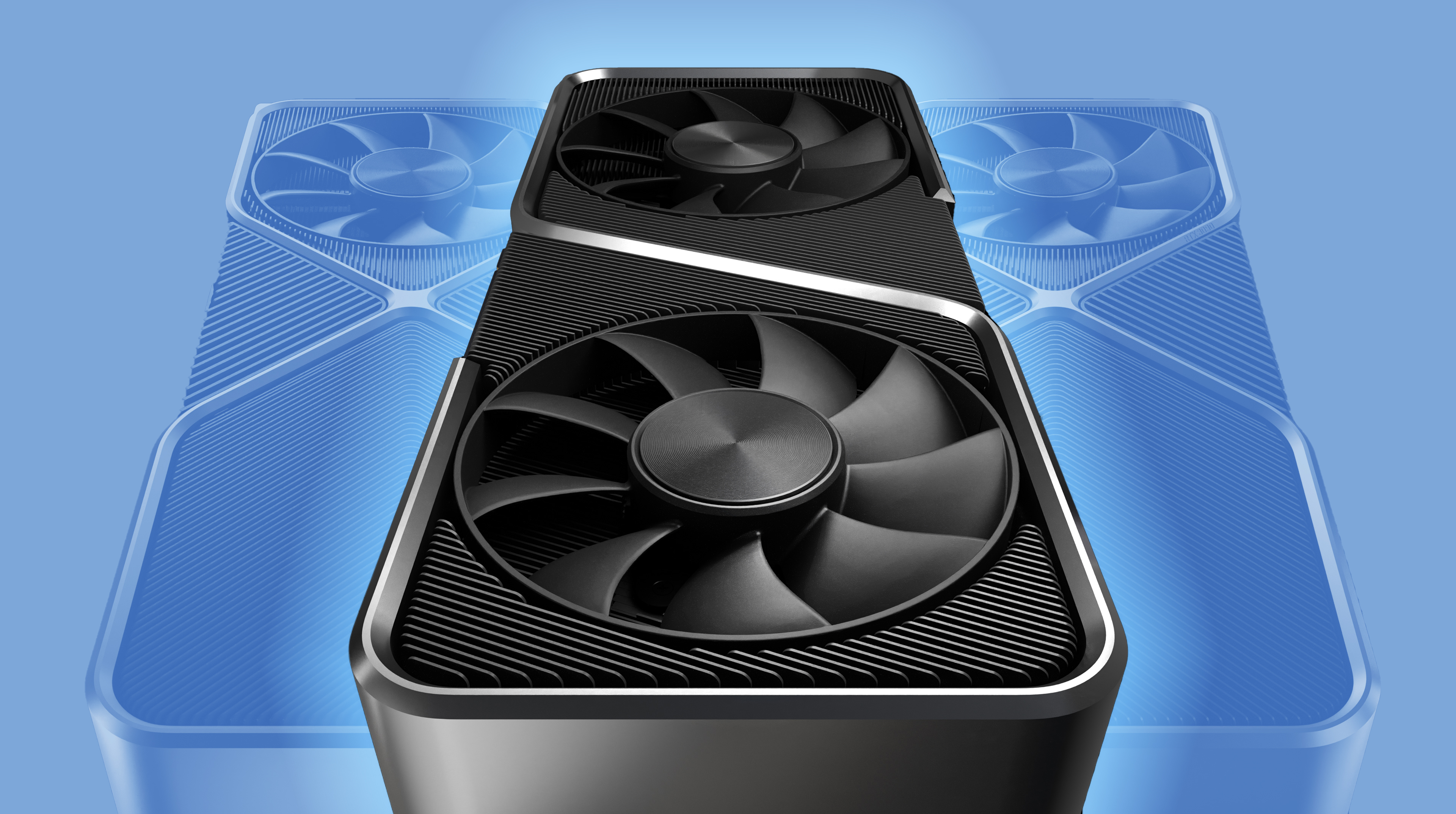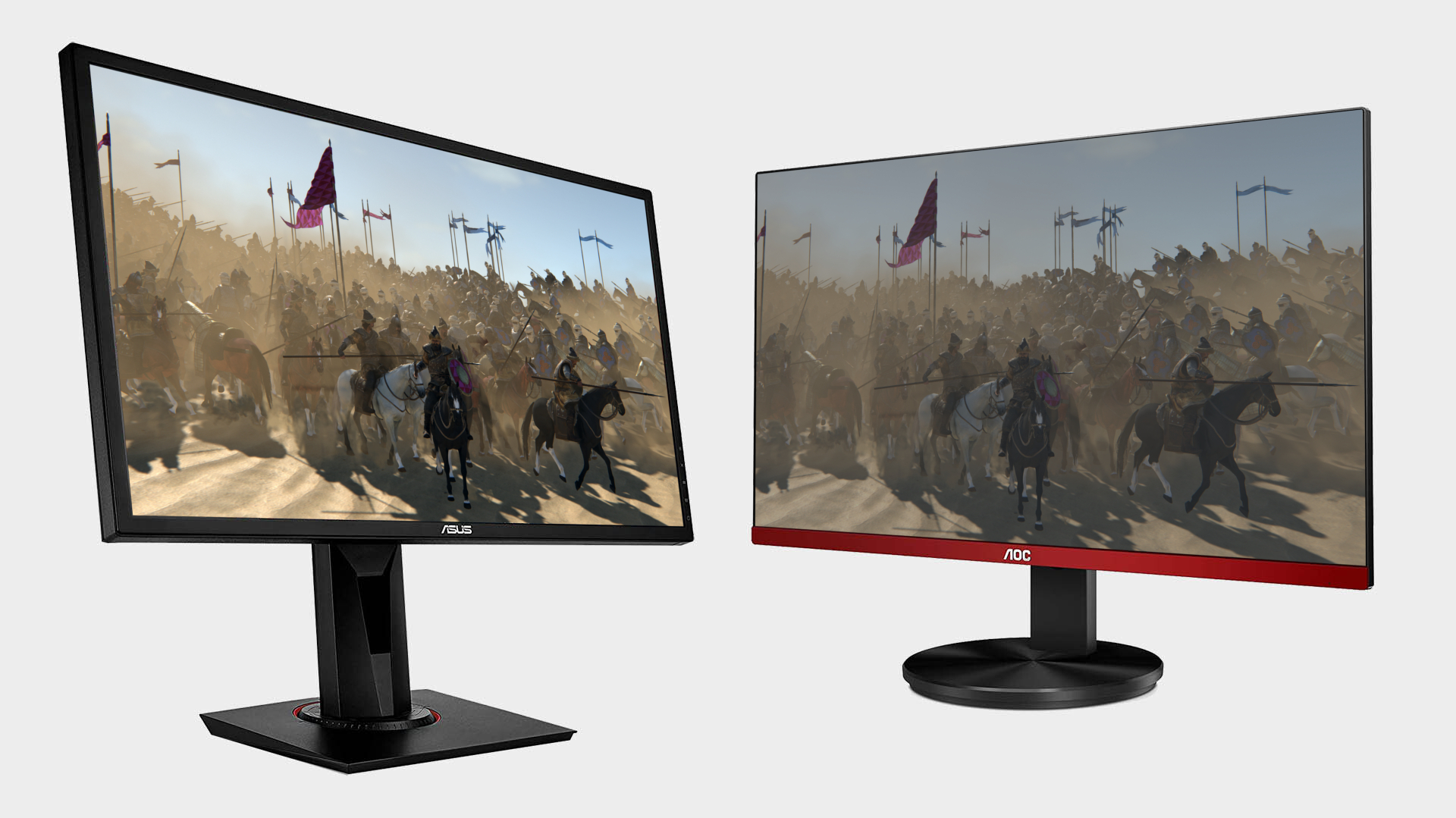Nvidia's new LHR GPUs will put 'more GeForce cards at better prices into the hands of gamers'
The new Lite Hash Rate versions of the RTX 3080, RTX 3070, and RTX 3060 Ti will come with a cryptocurrency mining limiter.

Keep up to date with the most important stories and the best deals, as picked by the PC Gamer team.
You are now subscribed
Your newsletter sign-up was successful
Want to add more newsletters?

Every Friday
GamesRadar+
Your weekly update on everything you could ever want to know about the games you already love, games we know you're going to love in the near future, and tales from the communities that surround them.

Every Thursday
GTA 6 O'clock
Our special GTA 6 newsletter, with breaking news, insider info, and rumor analysis from the award-winning GTA 6 O'clock experts.

Every Friday
Knowledge
From the creators of Edge: A weekly videogame industry newsletter with analysis from expert writers, guidance from professionals, and insight into what's on the horizon.

Every Thursday
The Setup
Hardware nerds unite, sign up to our free tech newsletter for a weekly digest of the hottest new tech, the latest gadgets on the test bench, and much more.

Every Wednesday
Switch 2 Spotlight
Sign up to our new Switch 2 newsletter, where we bring you the latest talking points on Nintendo's new console each week, bring you up to date on the news, and recommend what games to play.

Every Saturday
The Watchlist
Subscribe for a weekly digest of the movie and TV news that matters, direct to your inbox. From first-look trailers, interviews, reviews and explainers, we've got you covered.

Once a month
SFX
Get sneak previews, exclusive competitions and details of special events each month!
Nvidia has announced sweeping hash rate limits coming to GeForce RTX 3080, RTX 3070, and RTX 3060 Ti graphics cards. From late May onwards, Nvidia will re-release these RTX 30-series graphics cards under the 'LHR' banner, or "Lite Hash Rate", and says it's working with manufacturers to make sure that customers know exactly what they're getting.
"To help get GeForce GPUs in the hands of gamers, we announced in February that all GeForce RTX 3060 graphics cards shipped with a reduced Ethereum hash rate," the company says in a blog post.
"Today, we’re taking additional measures by applying a reduced ETH hash rate to newly manufactured GeForce RTX 3080, RTX 3070 and RTX 3060 Ti graphics cards. These cards will start shipping in late May."
The new cards will also receive a new identifier, LHR, for Lite Hash Rate. Nvidia says this identifier will be found across all retail product listings and on the box itself.

Best gaming monitor: pixel-perfect panels for your PC
Best high refresh rate monitor: screaming quick screens
Best 4K monitor for gaming: when only high-res will do
Best 4K TV for gaming: big-screen 4K PC gaming
There's no word on whether the RTX 3060 12GB, the card to first arrive with the limiter, will receive an update to once again reinstate the limiter. Nor does Nvidia confirm all future releases will come with a limiter, such as the rumoured GeForce RTX 3080 Ti, RTX 3070 Ti, or RTX 3050 Ti.
No graphics cards produced prior to the LHR series will receive a cryptocurrency limit, though, Nvidia confirms.
Nvidia's hash rate limiter launched with the RTX 3060 12GB. It detects when a user begins Ethereum mining (for Ether) and slows down the card's computational skills to half of its original speed. It isn't simply a driver limit, either, it's implemented across the driver, vBIOS, and the GPU itself.
Keep up to date with the most important stories and the best deals, as picked by the PC Gamer team.
But it got off to a rocky start, to say the least.
While Nvidia believed it to be unhackable, the company would be its own downfall. A developer driver version, containing code that circumvented the Ethereum limiter on the RTX 3060, would release soon after the card's launch, unlocking the coded limiter and once again turning the GPU market into a cryptocurrency free-for-all.
That means we don't really know how well the limiter holds up to a little hacking. Nor do we know for sure whether it will stand the test of time against a more concerted effort. Nvidia, however, is confident that its renewed push with LHR will "get more GeForce cards at better prices into the hands of gamers everywhere," and for a litany of reasons we hope it's right.

Jacob earned his first byline writing for his own tech blog, before graduating into breaking things professionally at PCGamesN. Now he's managing editor of the hardware team at PC Gamer, and you'll usually find him testing the latest components or building a gaming PC.

